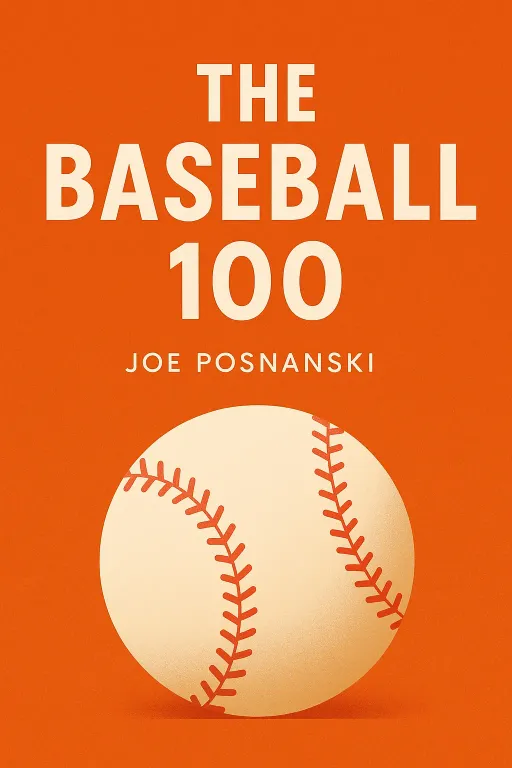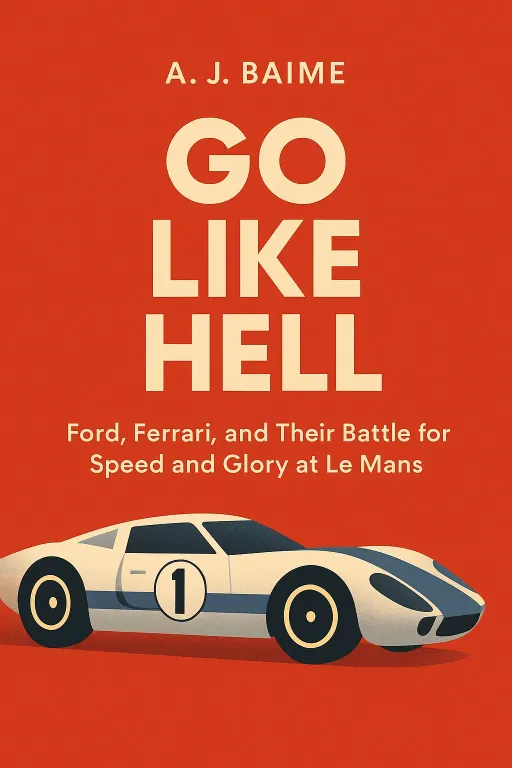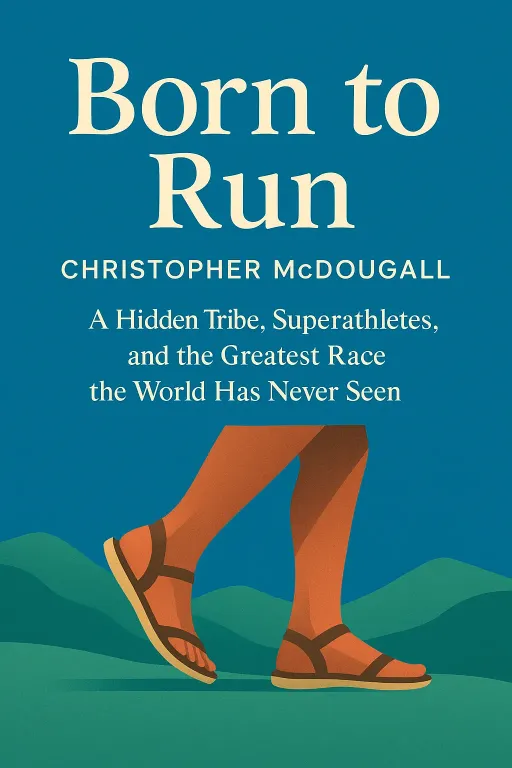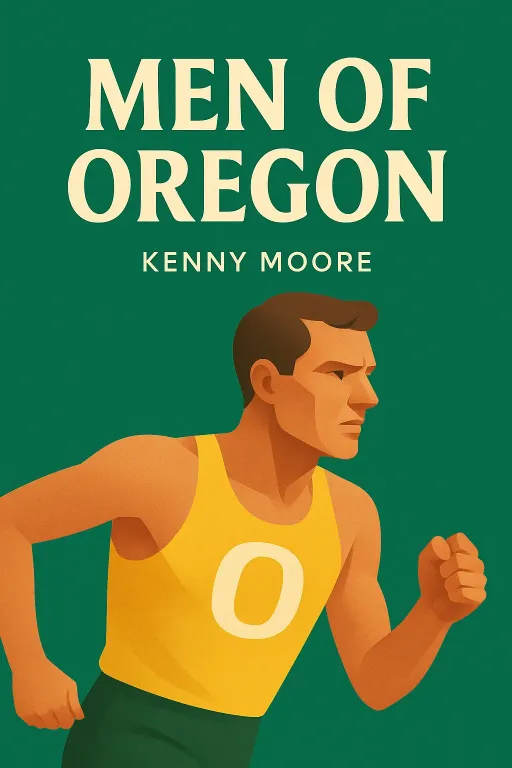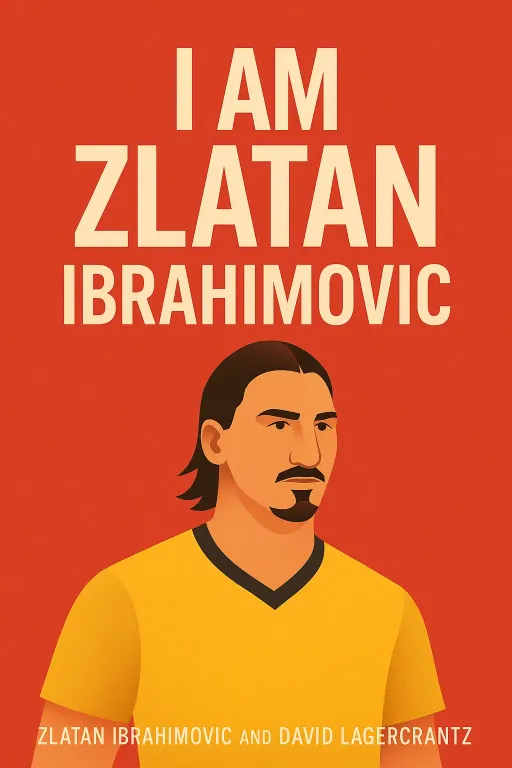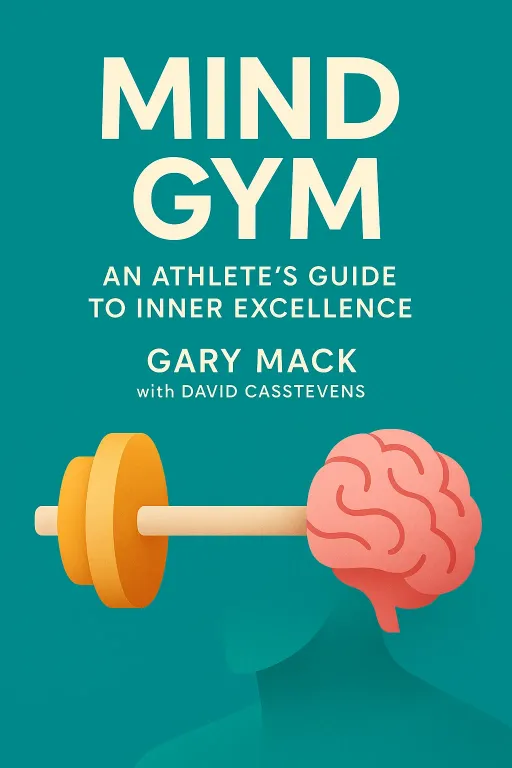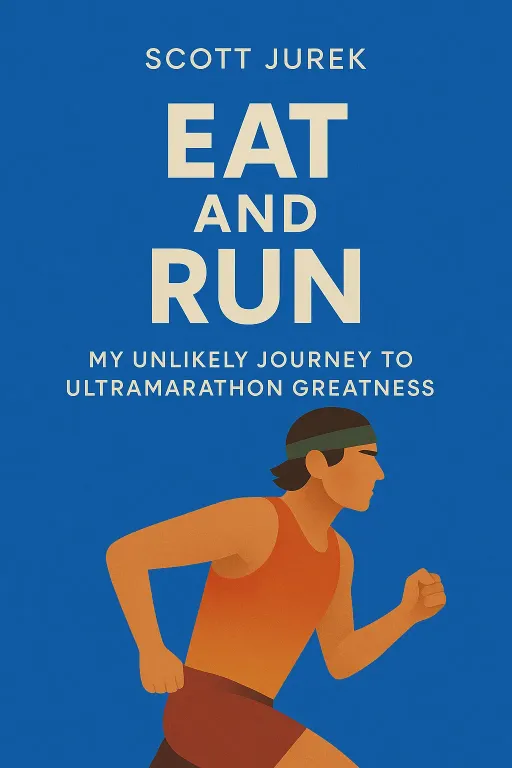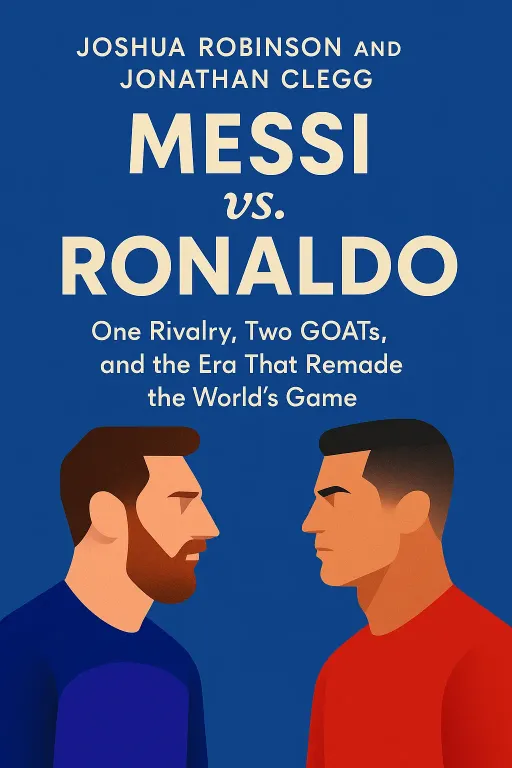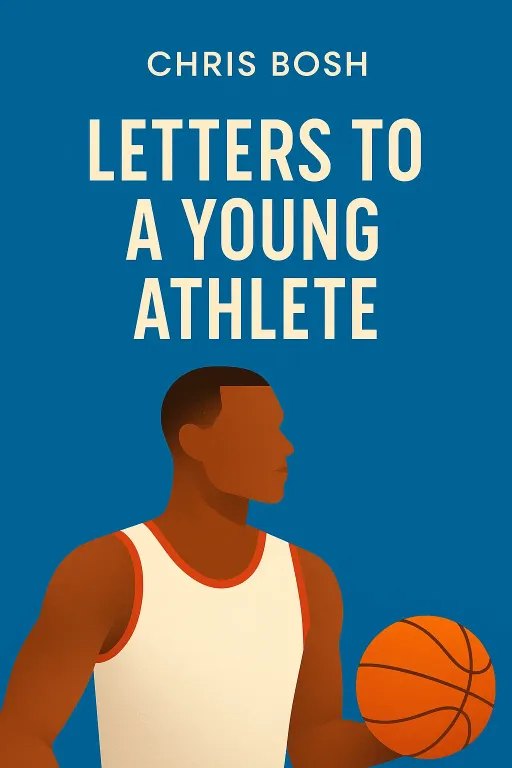
Letters to a Young Athlete
9 minIntroduction
Narrator: Imagine the final seconds of Game 6 of the 2013 NBA Finals. The Miami Heat are down by three, their championship hopes fading with each tick of the clock. A desperate three-point shot goes up from LeBron James… and misses. The ball caroms off the rim. In that chaotic moment, with the season on the line, Chris Bosh out-hustles everyone, grabs the most important offensive rebound of his life, and fires a perfect pass to Ray Allen in the corner. Swish. The game is tied. The Heat would go on to win the game and, eventually, the championship. What allows an athlete to be so present, so selfless, and so clutch in a moment of such immense pressure? It’s not just talent. It’s a cultivated mindset, a deep understanding of teamwork, and a relentless commitment to the process. In his book, Letters to a Young Athlete, Chris Bosh unpacks the very principles that define a champion, offering a manual for anyone seeking to maximize their potential, on or off the court.
Your 'Why' Must Transcend Fame and Money
Key Insight 1
Narrator: Bosh argues that the foundation of any sustained success is a deep, personal motivation—a "why" that goes far beyond superficial goals. Fame is fleeting, and money, while useful, rarely fuels the kind of grit needed to push through true adversity. He illustrates this with a story from his own high school days. A coach pulled him aside during a drill and asked a simple but profound question: "What do you want to do with this, Chris?" Bosh initially thought he meant basketball goals, like winning a championship. But the coach clarified he was asking about life. That question forced Bosh to look beyond the court and consider how his talent could shape his future and help him become the best version of himself.
This contrasts sharply with motivations that are purely external. Bosh points to the New Orleans Saints coach Sean Payton, who once tried to motivate his team for the playoffs by displaying the Lombardi Trophy and over $100,000 in cash in the locker room. The team lost. Yet, years earlier, after Hurricane Katrina devastated their city, that same team was driven by a much more powerful "why": to give hope to the people of New Orleans. They played for something bigger than themselves, and that sense of purpose was electric. Bosh contends that without a meaningful internal driver, the inevitable exhaustion, setbacks, and criticism will eventually break you.
True Competitors Thrive When They're Exhausted
Key Insight 2
Narrator: According to Bosh, the true measure of a competitor isn't how they perform when they're fresh, but how they play when they are utterly exhausted. He believes that how an athlete plays when tired reveals everything about their character. This is where grit and conditioning overshadow raw talent. He points to the ex-Navy SEAL David Goggins, who preaches that when your mind tells you you're done, you're really only at 40 percent of your capacity. Great athletes learn to push past that mental barrier.
Bosh recalls his own grueling high school conditioning drills, where his coach pushed the team to the brink of collapse. Those sessions weren't just about physical fitness; they were about mental training. They taught him how to distrust the "Empty" light in his brain and find another gear. This ability to perform under fatigue is what separates the good from the great. It’s what allowed him to make those critical plays in the 2013 Finals, when every player on the court was running on fumes. In those moments, the hours of conditioning and the will to push through pain are what make the difference.
Ego Is the Enemy of Greatness
Key Insight 3
Narrator: The single greatest obstacle to an athlete's development, Bosh writes, is their own ego. Ego is the voice that tells you you've already made it, that you don't need coaching, and that your individual success is more important than the team's. He shares a painful lesson from his time on the 2006 U.S. World Championship team. Unhappy with his limited playing time, Bosh allowed his ego to take over. He became resentful and self-centered, focusing on his own frustration rather than the team's goals. The team, full of superstars, ultimately failed, losing to Greece in the semi-finals. Bosh admits his negative attitude hurt the team.
He contrasts this with his experience on the 2008 Olympic "Redeem Team." Having learned his lesson, he adopted a new mindset: do whatever it takes to help the team win. He embraced a humbler, supporting role, focusing on defense and rebounding. This time, the team was united, and they won the gold medal. Bosh explains that true confidence is earned through hard work, while ego is a false sense of superiority. The paradox is that to become great, you must be honest with yourself about all the ways you are not great yet, and ego makes that honesty impossible.
The Name on the Front of the Jersey Is What Counts
Key Insight 4
Narrator: Building on the idea of humility, Bosh dedicates a core part of his philosophy to the concept of team-first sacrifice. He uses a powerful example from his own career to drive this point home: Game 7 of the 2013 NBA Finals. In the biggest game of his life, Bosh scored zero points. For a player of his caliber, this could have been a moment of personal failure and frustration. However, having already conquered his ego, he focused on contributing in other ways. He played relentless defense, set crucial screens, and fought for rebounds.
His team won the championship, and Bosh felt immense pride, not in his personal stats, but in his contribution to the collective victory. He lives by the adage, "If you play for the name on the front, they’ll remember the name on the back." This mindset requires trust and a willingness to submerge your own ambitions for something greater. When Pat Riley, the legendary Heat president, spoke at Bosh's jersey retirement, he didn't mention Bosh's scoring titles. He highlighted the rebound and assist in Game 6, calling it the biggest play in franchise history—a play that was all about hustle and teamwork, not individual glory.
Learn to Treat Triumph and Disaster the Same
Key Insight 5
Narrator: Finally, Bosh explores the critical importance of maintaining emotional balance. He quotes Rudyard Kipling, urging athletes to treat the "two impostors" of triumph and disaster just the same. He learned this lesson the hard way. The devastating 2011 NBA Finals loss to the Dallas Mavericks was a moment of public humiliation. Bosh was seen weeping as he left the court. But that loss became a powerful catalyst. It exposed the team's weaknesses and forced them to become mentally tougher, more resilient, and more cohesive, paving the way for their back-to-back championships.
Conversely, winning can be just as dangerous. It can lead to complacency, what Pat Riley calls "the disease of me." After their first championship in 2012, the Heat had to fight the urge to relax. They knew that repeating as champions would require even more character and effort. Bosh argues that success isn't about avoiding failure, but about how you respond to it. Whether you win or lose, the key is to stay grounded, learn from the experience, and get back to work.
Conclusion
Narrator: The central message of Letters to a Young Athlete is that greatness is not an accident of talent but the result of a deliberate, disciplined, and humble process. It’s about finding a purpose that runs deeper than a paycheck, embracing the grind when no one is watching, and understanding that the strength of the team will always be greater than the strength of any individual.
Chris Bosh’s career was cut short by a health issue he couldn't control, forcing him to confront the end of his athletic identity far sooner than he expected. This final, unexpected letter from life itself reinforces his most powerful point: the principles of hard work, resilience, and purpose are not just for sports. They are tools for life. The ultimate challenge the book leaves us with is to ask ourselves: What do we want to do with the gifts we've been given, and are we willing to do the work, no matter the arena?
